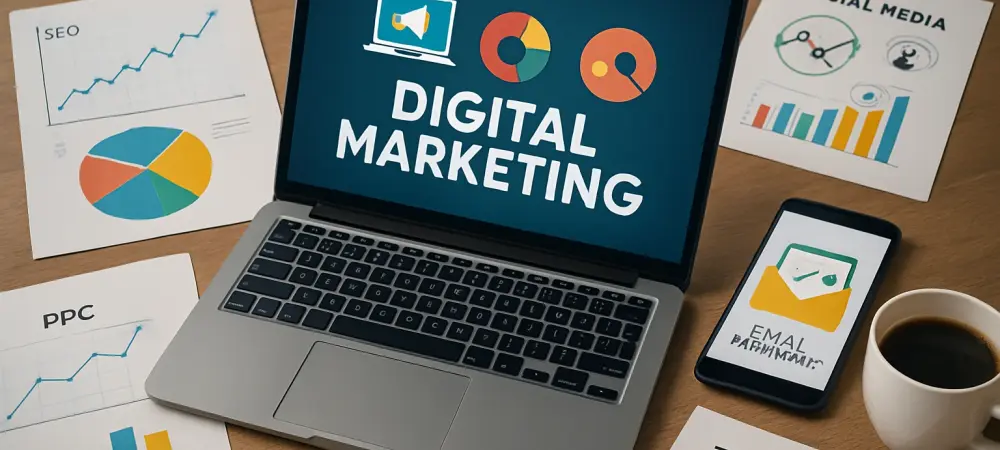In today’s rapidly evolving digital marketing landscape, many individuals and small teams face daunting challenges when juggling numerous tasks. From content creation to social media management, marketers must efficiently streamline operations to maintain a competitive edge. This roundup delves into insights from industry experts, exploring essential digital marketing tools that enhance productivity and foster strategic growth. By understanding varying perspectives, marketers can better navigate the complex world and select the right tools to optimize their campaigns.
Exploring Diverse Tools for Effective Digital Strategies
Harnessing Visual Content with Innovative Platforms
Industry leaders recognize that visual content plays a crucial role in engaging audiences and maintaining brand consistency. Tools like Canva revolutionize visual creation, enabling users to craft professional designs without graphic design experience. Some experts caution against the temptation to overlook brand identity in the pursuit of ease. However, case studies reveal how small businesses successfully use Canva, ensuring cohesive visual branding without dedicated design teams. Starting with manageable templates and gradually incorporating unique branding elements can mitigate potential pitfalls.
Scheduling Social Media with Precision and Care
Social media strategy remains integral to successful digital marketing. Platforms such as Buffer and Meta Business Suite enable streamlined scheduling and strategic post management. While some experts extol automation benefits, others urge caution—automated content risks losing genuine engagement. Navigating changes in social media algorithms, marketers must balance efficiency with authentic interaction. Observing performance metrics and adjusting strategies accordingly can safeguard against over-reliance on automated systems.
Utilizing Analytics for Precise Data-Driven Decisions
In a data-centric marketing world, Google Analytics offers invaluable insights into website traffic and campaign performance. Experts highlight the shift toward data-driven strategies, acknowledging success stories where analytics inform decision-making. Despite its benefits, some caution that misinterpreting data can lead to inaccurate conclusions. Accurate insights drive strategic refinement, and marketers must remain vigilant in analyzing data nuances to ensure robust strategies.
Leveraging Emails and SEO for Comprehensive Campaigns
Tools like Mailchimp and Ubersuggest serve distinct roles in digital marketing—Mailchimp driving effective email engagement, while Ubersuggest streamlines SEO and keyword research. Some experts emphasize the evolution of email marketing, showcasing how Mailchimp maintains relevance in evolving strategies. Comparing past and present practices, experts reveal advancements in SEO, including Ubersuggest’s user-friendly interface. Future innovations depend on technological progress, but the necessity of clear goals and adaptable strategies remains constant.
Optimizing Organizational Strategy Tools
Trello and Notion emerge as quintessential tools for marketing management, offering organizational solutions crucial for strategic planning. Some experts share best practices observed across industries, suggesting systematic approaches to integrate these tools into daily operations. By fostering collaboration and transparency, marketers enhance efficiency and creativity. Real-world examples inspire confidence in leveraging these platforms to achieve marketing objectives.
Reflecting on Digital Marketing’s Evolving Efficiency
After exploring digital marketing tools and strategies, it is evident that continuous adaptation defines industry resilience. Emerging trends reflect the significance of embracing efficient tools to sustain growth. Encouraging innovation and adopting purposeful technologies have transformed marketing practices, enabling smarter habits and expanding potential. Marketers must remain open to evolution and intuitive progression—these attributes underpin future successes in reaching diverse audiences and achieving long-term objectives. Expanding educational resources and seeking expert opinions can further inform strategic advancements, crafting a well-rounded toolkit for digital marketing endeavors. As marketers strive toward excellence, thoughtful selection and prudent use of marketing tools will guide the path forward, enabling success in the digital realm.

